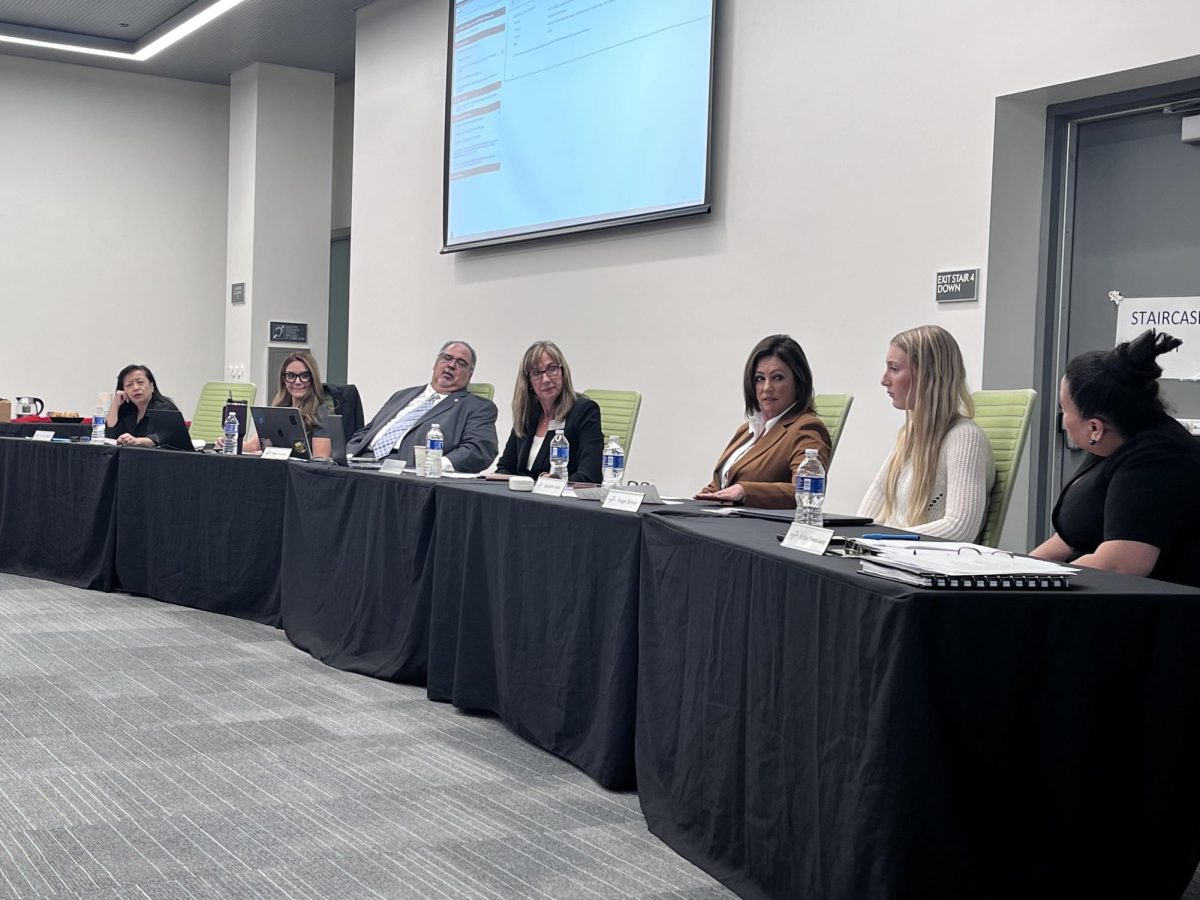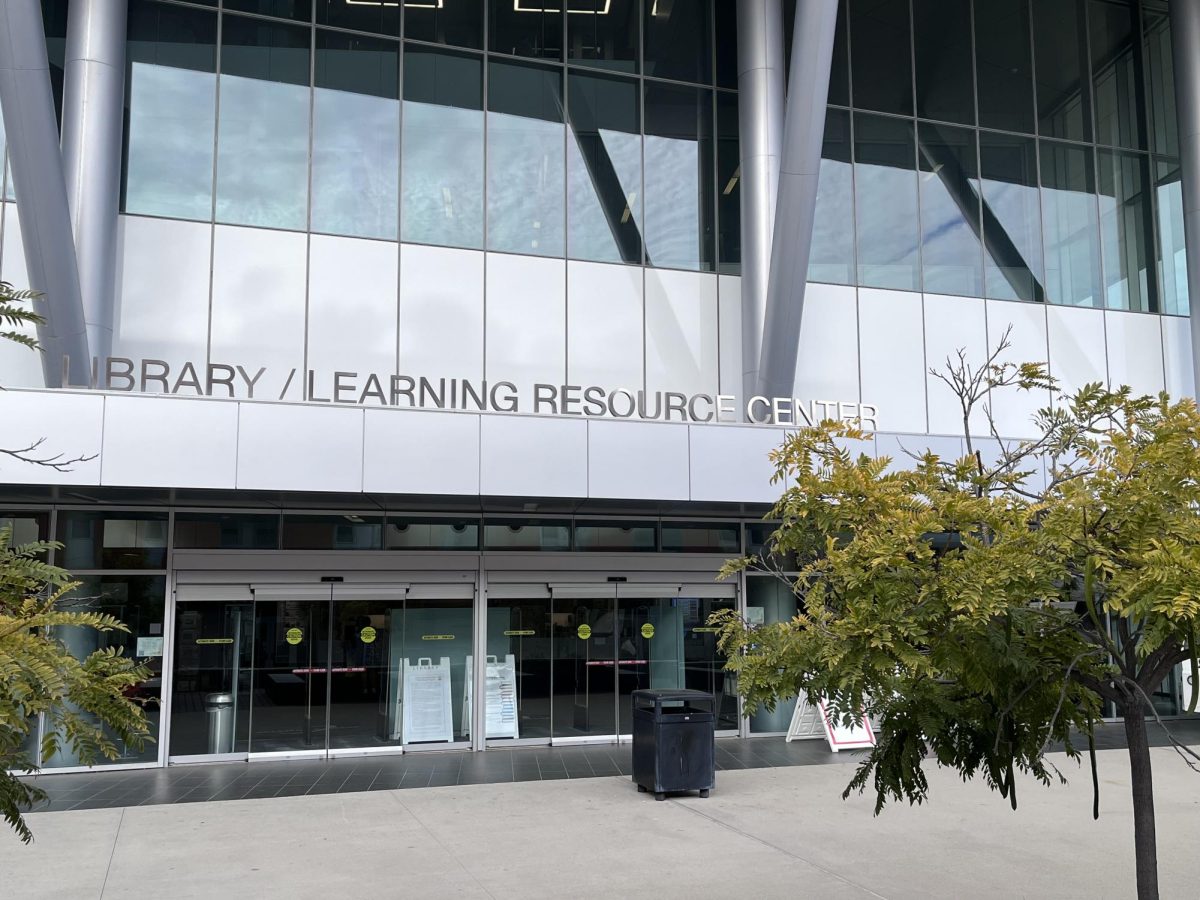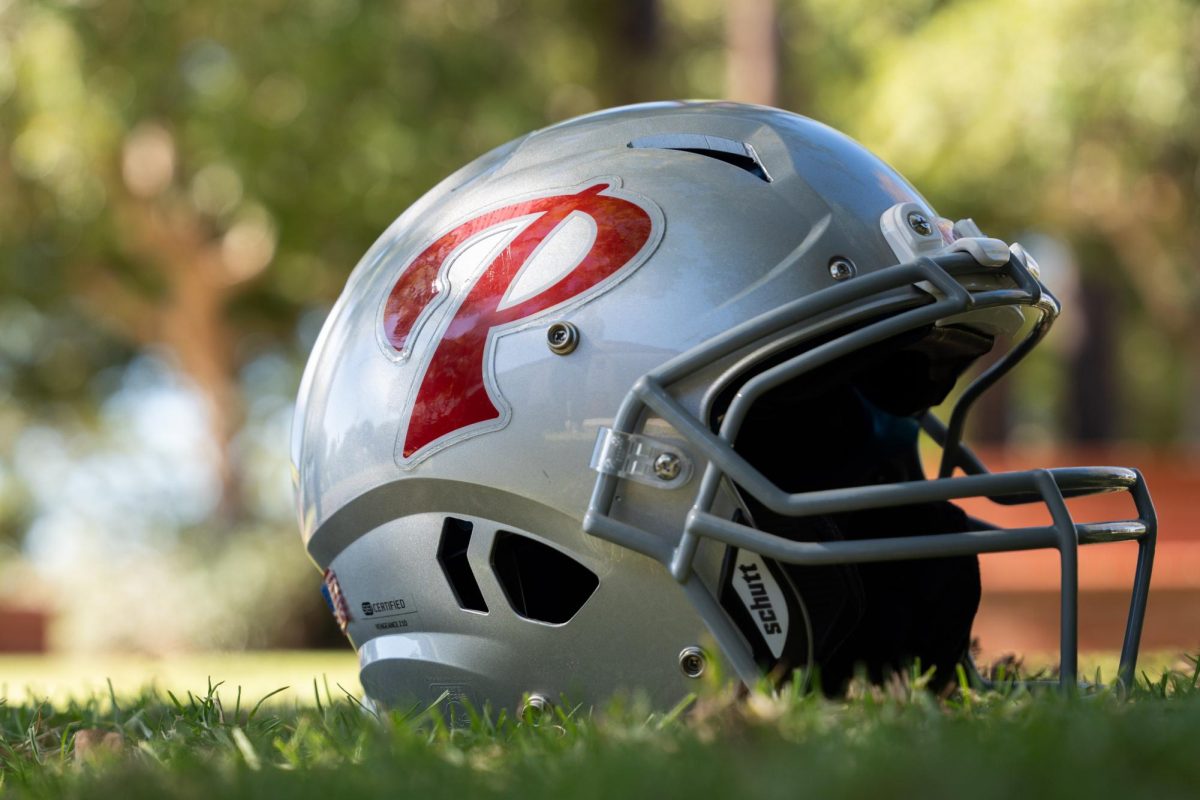Editor’s Note: Sponsored Content
Financial New Year’s Resolutions Every Student Should Make
After a refreshing break during the winter holidays, you’re back on campus — ready to tackle whatever 2019 has to throw at you. With your motivation levels reaching new peaks, the start of a new semester is the perfect time to focus on achieving your biggest goals.
While goals like cleaning your dorm room and promising to read all the suggested reading in your classes rank high, none rate higher than your finances. As a student facing down the most expensive tuition fees and the biggest student debt ever, your money (or lack thereof) is a very important part of your experience on campus.
If you’re ready to take on your money management skills this new year, check in with this list of New Year’s Resolutions for inspiration. They might help you improve your relationship with your bank account and keep more cash in your pocket.
Resolution # 1: Understanding Your Finances
If you’re like most students, this is the first time living on their own. Going from your parents’ house to your shared dorm room is as stressful as it is exciting. Now you’re looking after things like groceries, laundry, and your cell phone bill — plus fun things like taking out your crush for drinks.
Few people ‘ace’ their finances
If you’re struggling to keep track of everything, you wouldn’t be alone. Two surveys show plenty of people struggle with their finances:
- According to Standard and Poor’s Rating Services’ Financial Literacy Around the World study, 43 percent of survey respondents failed to understand financial concepts like compound interest, inflation, and risk diversification.
- According to the U.S. Bank’s Students and Personal Finance Study, 65 percent high school and college students gave themselves a “C” or lower in their ability to manage money.
Financial illiteracy has a lasting impact
Although it won’t affect whether you graduate summa cum laude, a symbolic “C” on your finances could impact your life off campus. Once you graduate, you’ll be responsible for bills, housing costs, plus your student loan repayments.
Your financial literacy helps you make informed decisions about these things. For example, when you know about the financial basics, you’ll better understand how compound interest affects what you owe on your student and personal loans.
Study your finances like it was a class
Luckily, financial literacy is a relatively simple concept to learn. There are a ton of online resources that can help you understand the basics, so you can make better choices about your money.
The US government’s page MyMoney.gov is a great start when you’re ready to learn more about the basics. It goes over the five principles of good money management as well as specialized tips for common life events, so you’re prepared every step of the way.
Resolution # 2: Know Your Student Loan Debt
As tuition fees keep climbing, students have to keep taking out loans to pay for their education. Massive amounts of student loan debt are becoming a normal part of earning a diploma — regardless of your area of study.
According to ValuePenguin’s latest study, nearly 45 million Americans carry the weight of $1.5 trillion dollars in student loan debt. While the average student has $32,731 in student loans, most students (or 12,277,200 people) carry somewhere between $25,000 and $50,000 in debt.
Any kind may leave you feeling nauseated. It’s enough to make you want to bury your head in the sand and pretend it doesn’t exist for a little while. Your student loans are a problem for future you, right?
Ignoring your debt has consequences — even now
This can be dangerous for your finances. Just like financial illiteracy, wilful debt ignorance can lead you down a dangerous road that might hurt your chances of paying it off in the future.
Resigned to the idea of being in debt, you might not pay close attention to the terms and conditions of your next loan, accepting a floating interest rate when you should choose a fixed — or vice versa. You may not realize when you’re expected to start paying these online loans back, or you may not realize there are options to defer these payments should you not be able to cover them straight out of college.
Once you leave campus for good, you’ll be juggling a lot more expenses than what you paid during your studies. Making student loan payments on top of your day to day living expenses can be a challenge, especially if you aren’t aware of what you need to pay. Slapped with late fees or extra interest, you might find yourself short on other necessities.
There are solutions
If, in the future, you can’t cover rent or utilities because of an unexpected student loan payment, online cash loans are a convenient way to boost your budget in an emergency. It’s worth it to learn about your online lending options. Online lenders like don’t put as much emphasis on credit ratings for their borrowers, making their cash advances simpler for anyone (like recent graduates) who haven’t developed a strong credit history.
The bottom line: be proactive
But before you get to that state, wouldn’t you rather have a handle on your finances when you graduate? Basic proactive measures may help you graduate with a better understanding of your loans.
Although reading will take some time, you have plenty of it at the start of a new year. With classes just starting, you aren’t bogged down by workloads yet. You’ll also have all that new year motivation to help you start committed to your goal.
So take advantage of the new beginnings the new year represents. Choosing to tackle these financial goals now is a great way to keep an eye on your money. More importantly, it can help prepare you for a more financially stable life off campus.



























































